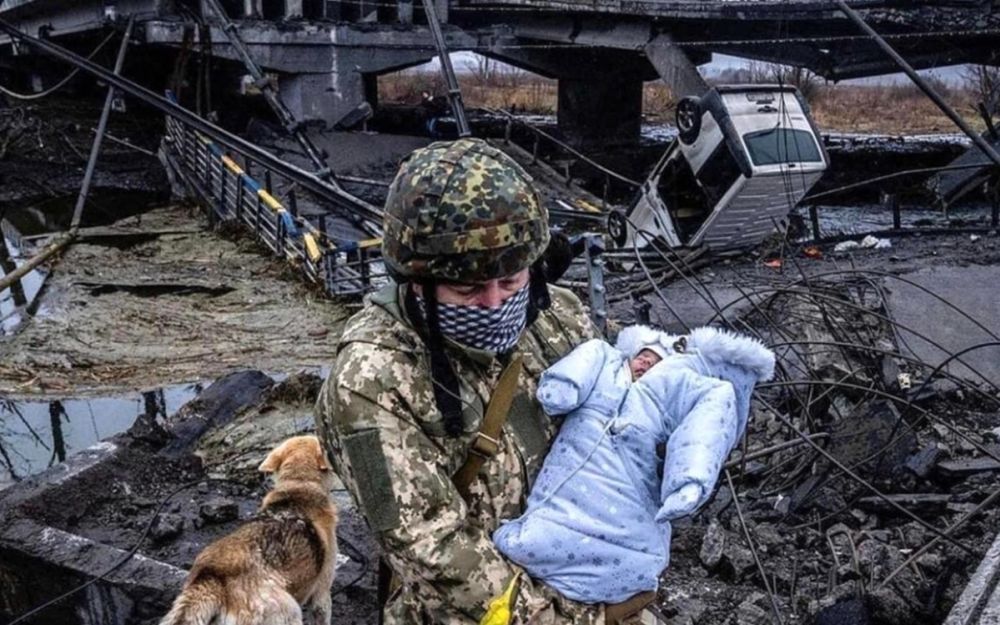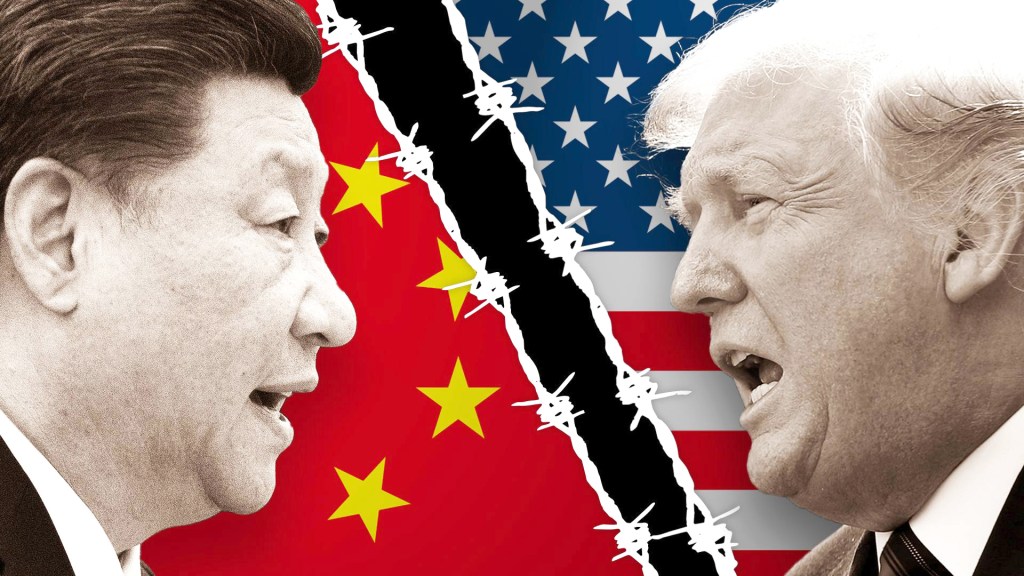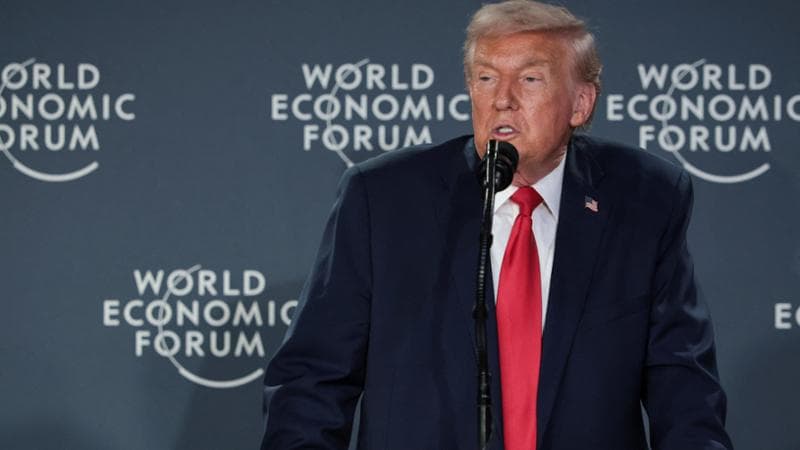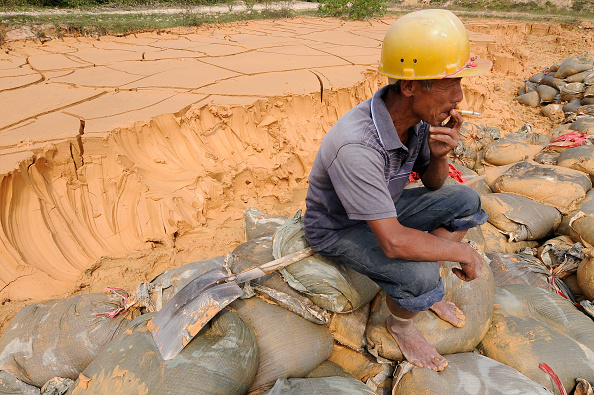Il conflitto russo-ucraino è entrato nel suo quinto anno: è ormai la più lunga tra le guerre convenzionali combattute in Europa dopo la Seconda guerra mondiale. Il bilancio è disastroso per entrambi, aggrediti e aggressori. L’Ucraina è ridotta in macerie dal punto di vista infrastrutturale e ha perso una generazione sul campo di battaglia; la Russia è in grande affanno economico e, soprattutto, umiliata dalla propria incapacità di vincere un conflitto con un Paese limitrofo, senza nemmeno riuscire a ottenere l’obiettivo minimo, cioè controllare l’intera regione del Donbas. Ma ci sono anche vari attori secondari che non ne escono bene, in primis l’Unione Europea, che non soltanto non ha mai proposto un serio piano per la pace, ma rischia, a conflitto terminato, di dover pagare il conto della ricostruzione ucraina. Gli Stati Uniti si sono dimostrati inaffidabili come alleati, passando da Biden, che fece muro contro l’invasione, a Trump che invece ammicca al Cremlino. Allargando lo sguardo, la Russia di Putin conferma di essere ciò che già si sapeva: un Paese dal grande passato militare che, tuttavia, non sarebbe oggi in grado di fronteggiare la NATO senza ricorrere al nucleare.
Insomma, non ci sono vincitori in questa guerra che segnerà per decenni i rapporti tra i Paesi dell’ex Unione Sovietica e la Russia, e tra la Russia e l’Europa occidentale. L’inizio del conflitto, alimentato dai nazionalismi di entrambe le parti, innescato dalla questione della tutela della minoranza russofona in Ucraina, segnò la sconfitta della politica bilaterale e multilaterale. I garanti del Protocollo di Minsk siglato nel 2014 abbandonarono al proprio destino le due parti fino allo scoppio di una vera guerra. Che si sarebbe potuta evitare se da un lato in Russia ci fosse stata una normale dialettica politica democratica, anziché un regime liberticida e nazionalista; e dall’altro se l’Ucraina fosse stata ridotta a più miti consigli e ad arginare i soprusi inflitti da propri nazionalisti alla minoranza russofona. Nessuno vedeva, nessuna parlava, nessuno interveniva, finché sono state le armi a prevalere.
Una guerra che avrebbe dovuto essere “lampo” e che invece si è inceppata già dall’inizio, diventando di trincea, per poi evolvere in una guerra a distanza combattuta con missili e droni, e con un costo altissimo di vite umane per entrambi i Paesi. Sono centinaia di migliaia i feriti e i caduti sul fronte, milioni gli sfollati e i rifugiati ucraini. Si temeva che questa guerra avrebbe innescato dinamiche pesantissime sui mercati cerealicolo ed energetico, ma il rischio è stato ridimensionato, grazie soprattutto alle diplomazie dei Paesi che ne hanno tratto vantaggi, come Cina e India, e dei Paesi più esposti sul piano energetico, come quelli europei.
Fare previsioni, si è visto, è pressoché impossibile. Il conflitto potrebbe continuare all’infinito, tanto distanti sono le posizioni, così come potrebbe concludersi presto per reciproco sfinimento. Chiaro è che i territori che la Russia voleva “redimere” sono ridotti a lande desolate e che il Paese che era sul punto di entrare nell’Unione Europea ora sopravvive di stenti. Alla fine questa è la guerra vera, nella quale nessuno vince, tutti soffrono e restano solo macerie. Per chi non se la ricordava, il conflitto russo-ucraino è un portentoso “memo” e dovrebbe essere un monito per evitare future guerre. Ma non sarà così, perché ci sarà sempre chi penserà di essere abbastanza forte da vincere senza pagare un prezzo, salvo poi trovarsi da solo, impoverito e in lutto.









